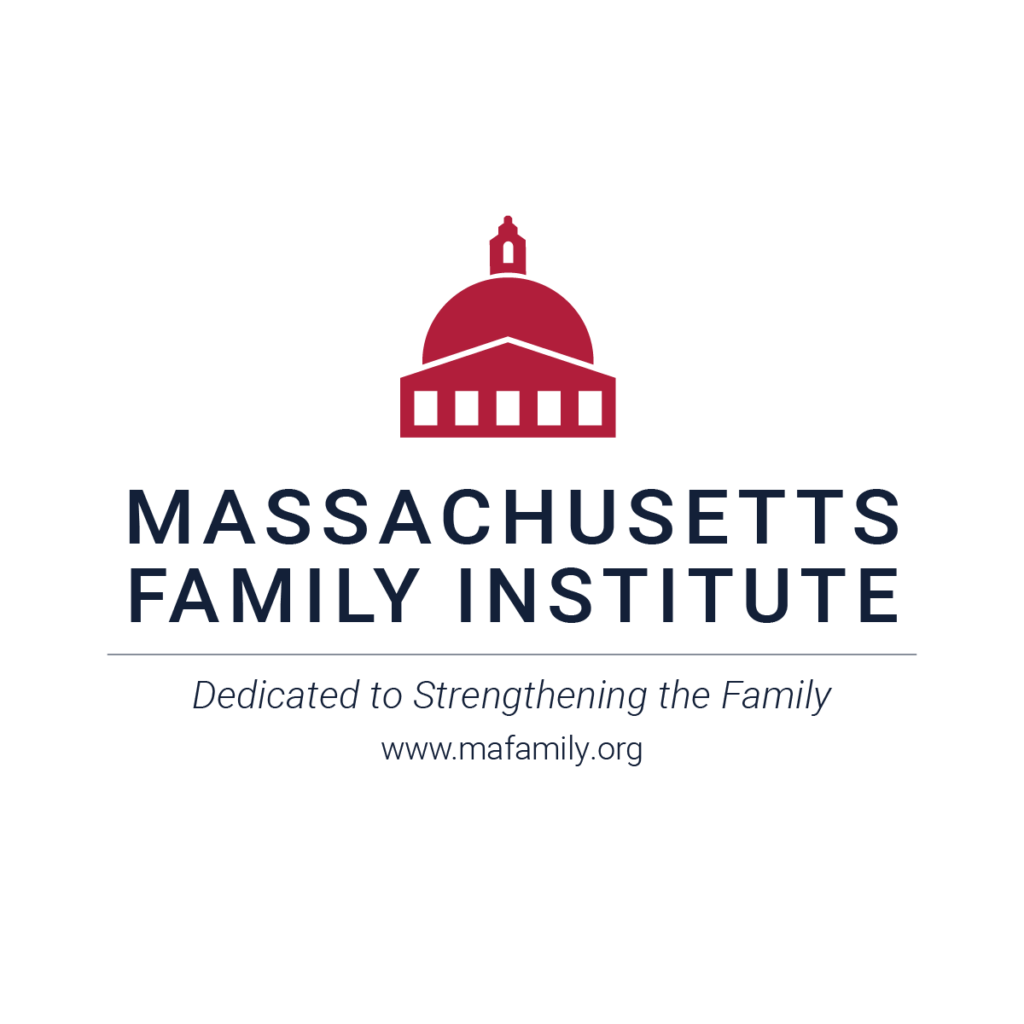Most Americans have some idea that the US Constitution guarantees a right to religious liberty. As I’ve practiced constitutional law, however, I’ve often been approached by individuals, churches, and religious organizations with basic questions about this concept. How exactly does “religious liberty” work and what does it entail?
As you probably know, the First Amendment to the US Constitution begins with these words: “Congress shall make no law respecting an establishment of religion, or prohibiting the free exercise thereof; or abridging the freedom of speech.” The last clause in this series, known as “the Speech Clause,” is what most Americans think of when they hear the words “First Amendment.”
Yet the Speech Clause comes after two other clauses that are also part of the First Amendment: the Establishment Clause and the Free Exercise Clause. Those six words of the Free Exercise Clause—“or prohibiting the free exercise thereof”—are the primary constitutional source of our right to religious liberty. They protect your right, not only to believe in and speak about your faith, but to live out—or “exercise”—your faith in your daily life.
Because your religious liberty is a constitutional right, it is not up for a vote in the legislature, neither in Washington D.C. nor in Boston. As Justice Sandra Day O’Connor explained, “The very purpose of a Bill of Rights was to withdraw certain subjects from the vicissitudes of political controversy, to place them beyond the reach of majorities and officials.” Rights such as religious liberty “may not be submitted to vote; they depend on the outcome of no election.”
In the American system of separated powers, a central function of our independent judiciary is to enforce constitutional rights against majorities and officials. In theory, if your religious liberty is violated by any federal or state government entity, you can go to court and obtain a judgment vindicating your constitutional rights.
What kinds of government actions might violate your free exercise rights? To begin with, we should note that the answer to this question is in flux and could soon change. That’s because, in 1990, the federal constitutional rights to religious liberty were temporarily abolished in the United States.
That year, the US Supreme Court issued its decision in the landmark case Employment Division v. Smith. Smith was authored by the late Justice Antonin Scalia, who opposed the very idea of “religious liberty.”
Scalia concluded that, unlike other constitutional rights, religious liberty should not be enforced in court. Instead, it must be left up to the “political process” to decide what religious liberty should exist. Religious people should not be worried, Scalia assured us. Because our society believes in protecting religious belief it can be “expected to be solicitous of that value in its legislation as well.”
Although Scalia is often remembered today as an “originalist,” his Smith opinion did not even pretend to address the original meaning of the Free Exercise Clause. Instead, it simply relied on his personal opinion that the idea of “religious liberty” did not make sense.
Scalia seemed to regret this decision when, in 2012, the Obama administration began to use it against Christian churches—a possibility that many Christians had already anticipated in 1990. Since then, almost all government oppression of Christians in the United States—such as a Christian photographer being ordered to physically attend a same-sex wedding ceremony—has directly flowed from Scalia’s lawless and naïve opinion in Smith.
If the Smith decision is finally overruled—something many observers believe could happen in the near future—then religious liberty in the United States could be greatly expanded.
In the meantime, although Smith remains on the books, the Supreme Court has—since John Roberts became Chief Justice in 2005—greatly moderated Smith in a series of pro-religious liberty decisions. As a result, there are now at least three situations in which you could have an enforceable religious liberty claim under the federal Free Exercise Clause. Additionally, and most critically, Massachusetts residents have additional religious liberty protections under the Massachusetts Constitution.
First, a government entity may not discriminate against religious people or against any particular religion. For example, suppose a Christian or other religious student is penalized by his public school because of his beliefs on issues of gender and sexuality. While this student may have a free speech claim, he would also have a claim for unconstitutional religious discrimination in violation of the Free Exercise Clause.
Secondly, when the government makes a decision affecting your rights, you are entitled to a decision in which religious hostility is not a factor. Even if a government adjudication is technically not discrimination, it still violates an enforceable right if it is motivated by hostility to your religion.
To see what I mean, imagine that your local zoning board declares that it will no longer approve any construction projects that will draw more cars to park in the neighborhood. This decision is not discriminatory, as it equally applies to all new construction.
However, suppose that—although the new rule is consistently applied to everyone—the real purpose of the rule is to prevent a new church from being built in your town. This decision would be an actionable violation of the Free Exercise Clause.
Thirdly, the government, as a general rule, cannot interfere in the internal affairs of churches and religious organizations, such as who a church hires or fires. This rule is known as the “ministerial exception” and was adopted by the Supreme Court in its 2012 Hosanna-Tabor decision.
Liberal Justice Stephen Breyer, who voted in favor of the ministerial exception, gave the classic example of this rule. The government couldn’t “go to the Catholic Church and say [that the priests] have to be women,” he said in 2012. “I mean, you couldn’t say that. That’s obvious.”
Breyer’s remarks remind us of an important fact. Although secular progressives today generally oppose all religious liberty, many moderate liberal jurists—such as Justice Elena Kagan—still support some key aspects of the freedom of religion. This means that you should not be overly pessimistic about the odds that your religious liberty claim might succeed in a Massachusetts court. This is especially true if, as we should all pray, Employment Division v. Smith is finally overturned.
Finally—and most importantly of all—the Massachusetts Constitution provides bedrock protections for religious liberty. Massachusetts is one of several states with constitutions that provide greater protections for fundamental rights, including religious liberty and free speech, than the US Constitution.
This means that, if you bring any religious liberty claim under the Massachusetts Constitution rather than the US Constitution, the court will not apply Employment Division v. Smith to determine the scope of your rights. Instead, it will treat religious liberty like any other constitutional right, asking if the government’s actions are narrowly tailored to advance a compelling governmental interest.
Bringing a religious claim under the Massachusetts Constitution, rather than the federal Constitution, can have many benefits. Among other things, bringing an exclusively state constitutional claim can prevent your case from being “removed” to federal court, where many Christians in New England are less likely to get a fair hearing than in their state-level courts. If you have a religious liberty claim, MFI may advise that you pursue a state constitutional action.
Religious liberty is a historic Christian value, and MFI is committed to protecting religious liberty for all people in Massachusetts. Reach out to us if you feel your religious liberty may have been violated.
Ian Huyett, MFI President
Help MFI defend religious liberty in the Commonwealth. Support our crucial work with a financial gift today!






